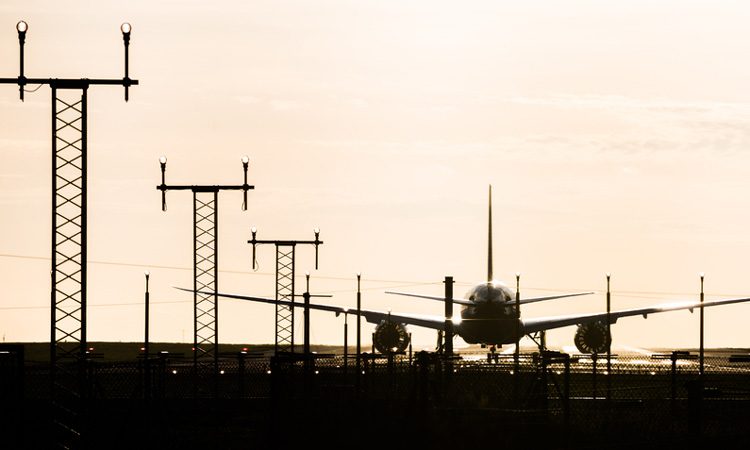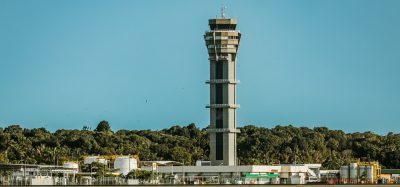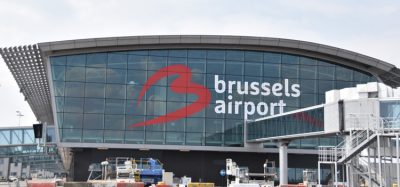Manchester Airport seeks firm commitment to the North from government
Posted: 12 June 2019 | International Airport Review | No comments yet
Manchester Airport has called upon the government to recognise the critical role the airport will play in driving economic growth across the UK.


On the 20 June 2019, the UK government’s Aviation 2050 Green Paper consultation will close and bosses of Manchester Airport have called on ministers to recognise the critical role it will play in driving northern growth and rebalancing the UK if enabled to reach its full potential.
Manchester Airport is part-way through the largest investment in its 80-year history – the £1 billion transformation of its terminal and airfield infrastructure – which will help it unlock the spare capacity on the existing two runways.
The airport’s bosses believe the government has the opportunity, through the Aviation Strategy process, to set out a clear plan for Manchester to develop into the UK’s second hub airport, connected to all parts of the North via the proposed high-speed Northern Powerhouse Rail network, and to all parts of the world by attracting further long-haul routes to key global markets.
Join us live: Shaping the Next Generation of Hold Baggage and Air Cargo Screening
Join us live for an insightful webinar on 11th December at 14:00 GMT, in collaboration with Smiths Detection, as we explore the strategic balance of operational efficiency, regulatory compliance, and sustainability in high-volume security environments.
This session offers a focused look into future-proofing your security strategy.
Key learning points
- Cost Reduction: Strategies to minimize bag travel time while simultaneously reducing operational costs.
- Regulatory Roadmap: Insights into the next wave of regulatory changes and their impact on future investment decisions.
- Sustainable Systems: Practical approaches to building sustainability into security systems and lowering the total cost of ownership (TCO).
- Scalable Solutions: Real-world examples of scalable systems supporting current airport growth and preparing for tomorrow.
Register now for expert insights, case studies, and actionable strategies on operational efficiency!
Andrew Cowan, CEO of Manchester Airport, said: “As we edge closer to the 30 million passenger mark, our role as the UK’s global gateway in the North becomes even clearer.
“Government has rightly recognised Manchester as a ‘national’ airport in its Aviation 2050 Green Paper and it is vital that it is used as a platform to develop a proper understanding of our potential to drive economic growth and prosperity across the North.
“The are some key interventions only the government can make, such as large-scale investment in transformative projects like Northern Powerhouse Rail and the reform of aviation taxes to help stimulate new long haul connections from gateways like Manchester.
“With the right support, coupled with our own £1 billion investment, Manchester Airport can be an even greater engine of growth for the North by giving people and businesses access to the world’s most important markets.”
As well as welcoming more than 2.6 million passengers last month, May also saw two key routes launch. El Al, the national carrier of Israel, joined easyJet with a service to Tel Aviv and Virgin Atlantic started flights to Los Angeles, a route Thomas Cook Airlines also operates.
By summer 2020 the extension on Terminal Two will open, offering passengers a host of new retail, food and drink outlets. The existing Terminal Two will then have a full refurbishment and re-open in 2022 as part of the extension.
WATCH NOW ON DEMAND: Enabling checkpoint flexibility with responsible open architecture
Join us for an essential virtual panel supported by Smiths Detection. We will explore how airports can overcome the challenge of mixed vendor systems by adopting a flexible, open approach to checkpoint technology.
This session offers a focused look into achieving efficiency, agility, and future-readiness.
Key learning points
- Understand what to ask during procurement to ensure long-term flexibility and avoid vendor lock-in.
- Learn how centralised image review and flexible algorithm use can help you get more from the technology you already own.
- Strategies to make mixed vendor screening systems work together to improve checkpoint performance and reduce costs.
- See examples of collaborative deployments and the operational agility they enabled.
Register now for expert insights from Los Angeles World Airports, Dutch Ministry of Justice and Security, and Smiths Detection!
Related topics
Aeronautical revenue, Airport construction and design, Airport development, Capacity, Passenger experience and seamless travel, Regulation and Legislation, Route development


















